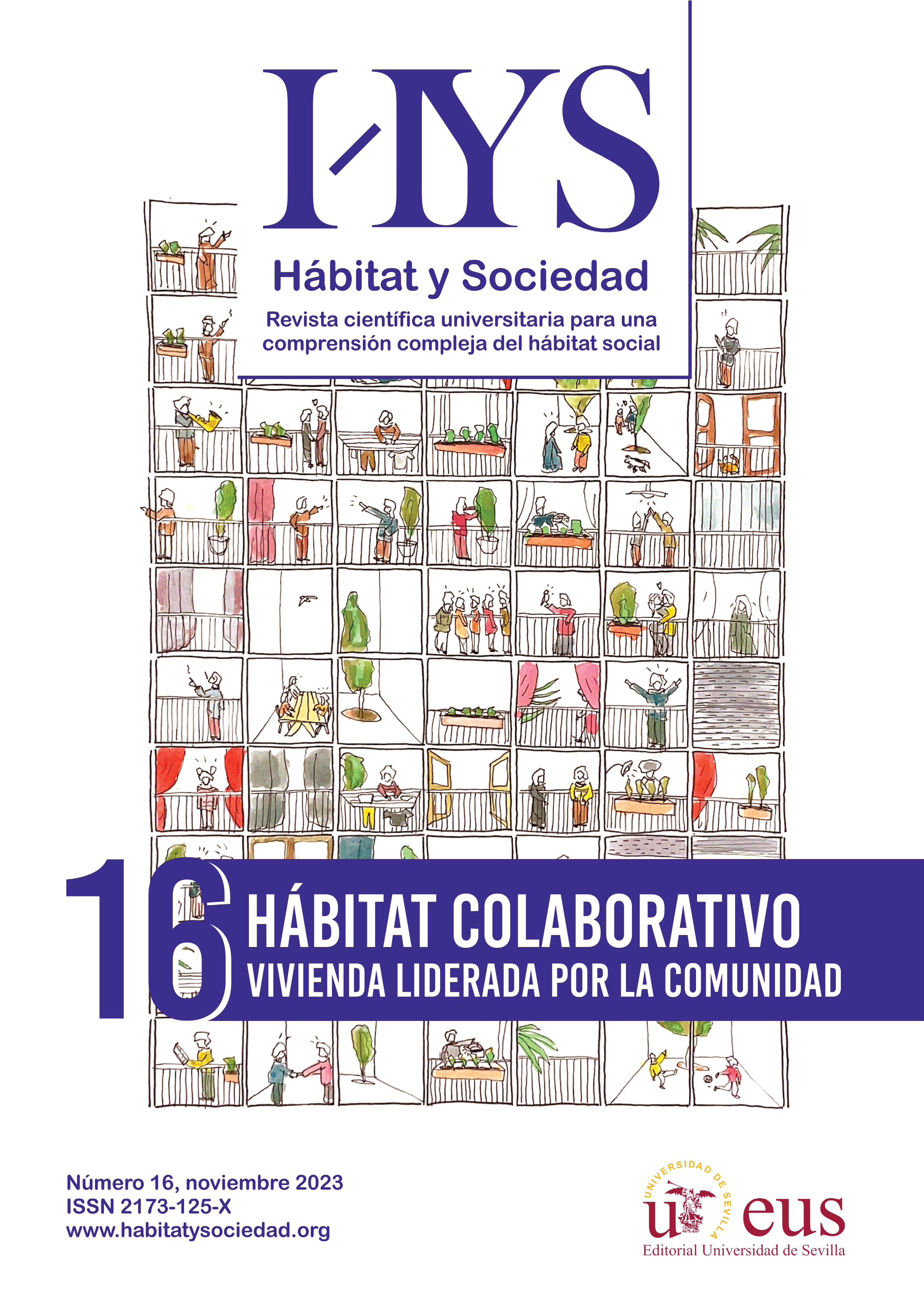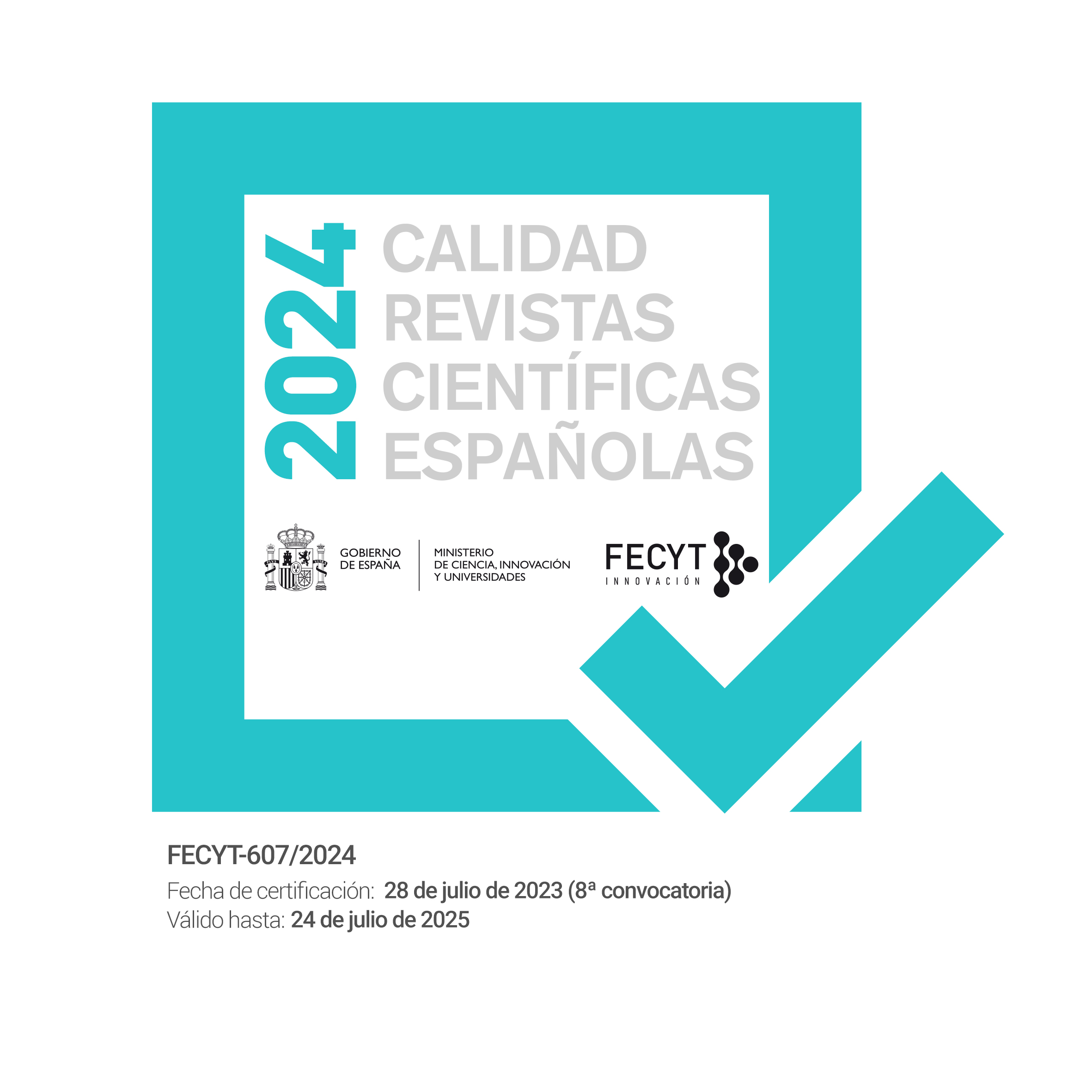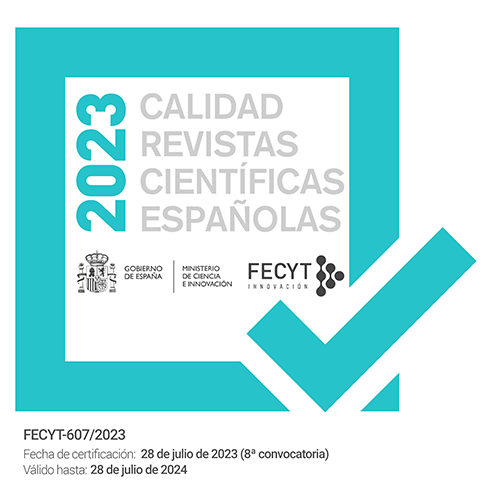Building with scarce resources: Against housing hunger in Africa
DOI:
https://doi.org/10.12795/HabitatySociedad.2023.i16.13Keywords:
basic habitability, habitat, slum, Africa, low-cost housing, Earth, self-constructionAbstract
This publication is the result of the work carried out over decades by the author and all his collaborators within the framework of the Cooperation Institute for Basic Habitability. The postulates discussed at the three UNCH-HABITAT world congresses that the author attended constitute the conceptual and theoretical basis from which all the actions carried out and described in this publication are built. An ethical duty towards a society in need within the framework of the so-called “informal sector”–which represents 90% of the planet’s inhabitants– leads us to pursue the goal of “doing more with less”. From this starting point, some fundamental questions arise, such as the importance of training the native workforce, the search for appropriate and appropriable local materials, the use of local production teams, the adaptation of construction processes, as well as the development of mainly participatory processes.
A series of projects carried out in Africa during the 2005-2015 decade are presented, which are considered of interest due to their achievements.
The proposals developed in this publication are not intended to compete with market products, but rather to facilitate basic habitability for the most disadvantaged. The work developed and presented aims to provide proven and reliable tools to improve living conditions and help overcome poverty in the context of Africa. In order to do this, materials such as adobe, bamboo, ferrocement, and agricultural residues are used. An effort in the form of mutual aid, assisted self-construction, participatory cooperativism is also made, making possible solutions against the persistent African need for basic habitability. In other words, as the author would say, against the “hunger for housing in Africa”.
Downloads
References
Gesto Barroso, Belén. (2015). Los programas municipales de ocupación guiada: instrumentos preferentes de habitabilidad básica versus la urbanización informal futura. El caso de Trujillo (Perú). Universidad Politécnica de Madrid.
Gesto Barroso, Belén. (2020). Una mirada a la habitabilidad precaria en el mundo. Claves de Razón Práctica, 272, 34-43.
Lucas Alonso, Patricia. (2016). El concurso del tiempo: las viviendas progresivas del PREVI-Lima. Universidad Politécnica de Madrid.
Pou Howley, Carlos. (1984). Proyectos de parcelas con servicios desarrollados por el INVI en la República Dominicana. Informes de la Construcción, 36(362), 47-61. https://doi.org/10.3989/ic.1984.v36.i362.1925
Salas Serrano, Julián. (2016). De HÁBITAT II a HÁBITAT III. Construyendo con recursos escasos en Latinoamérica (Ministerio, Número 10). Ministerio de Fomento, Gobierno de España. https://doi.org/10.12795/HabitatySociedad.2017.i10.19
Salas Serrano, Julián. (2022). Construyendo con recursos escasos: Contra el hambre de vivienda en África. Ministerio de Transportes, Movilidad y Agenda Urbana. Gobierno de España.
Published
How to Cite
Issue
Section
License
Copyright (c) 2023 De los autores y Editorial Universidad de Sevilla

This work is licensed under a Creative Commons Attribution-NonCommercial-ShareAlike 4.0 International License.
Los textos publicados se considerarán propiedad intelectual de los autores y de la revista. Podrán ser usados para usos educativos y académicos, citando al autor y la publicación, con la dirección electrónica exacta. En todo caso, deberá comunicarse este tipo de uso y pedir la autorización del mismo a la dirección de la revista.
Los autores/as que publiquen en esta revista aceptan las siguientes condiciones:
- Los autores/as conservan los derechos de autor y ceden a la revista el derecho de la primera publicación, con el trabajo registrado con la licencia de atribución de Creative Commons, que permite a terceros utilizar lo publicado siempre que mencionen la autoría del trabajo y la primera publicación en esta revista.
- Los autores/as pueden realizar otros acuerdos contractuales independientes y adicionales para la distribución no exclusiva de la versión del artículo publicado en esta revista (p. ej., incluirlo en un repositorio institucional o publicarlo en un libro) siempre que indiquen claramente que el trabajo se publicó por primera vez en esta revista.
- Se permite y recomienda a los autores/as publicar su trabajo en Internet (por ejemplo en páginas institucionales o personales) antes y durante el proceso de revisión y publicación, ya que puede conducir a intercambios productivos y a una mayor y más rápida difusión del trabajo publicado (véase The Effect of Open Access).














